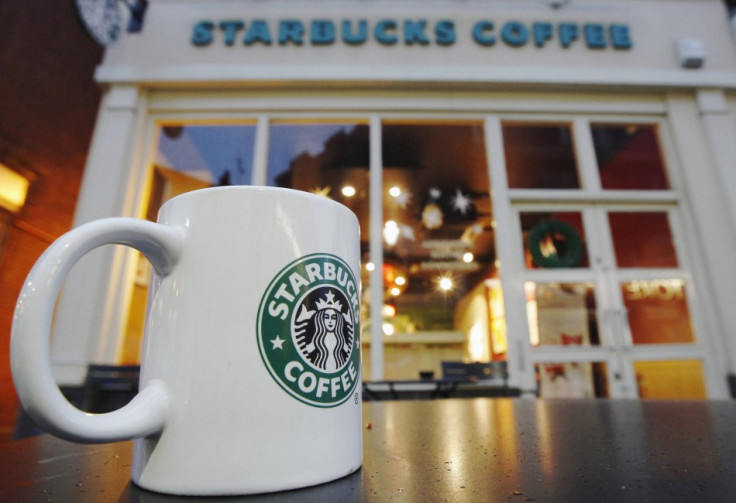UK Loses £5bn in Tax Avoidance Schemes [VIDEO]

The UK Treasury has lost billions of pounds in tax avoidance as the efficiency of HM Revenue and Customs (HMRC) in preventing the sale of deliberately created tax avoidance schemes is being questioned.
HMRC has a backlog of 41,000 open tax avoidance cases involving individuals and small companies, with up to £10.2bn tax revenue at stake, according to a report by the National Audit Office (NAO). The country suffered a tax gap of £5bn in 2010-11 due to tax avoidance, said the NAO.
Despite its efforts to control tax avoidance, "the large number of users of mass-marketed schemes presents a challenge to HMRC," the report added. Small specialist tax advisers are using the schemes for their business, helping their clients to avoid paying tax.
Even though the schemes could successfully be contested in courts, investigations can take several years to resolve. HMRC has a success rate of 86 percent at court in avoidance cases in 2011-12.
HMRC had set up disclosure regime and promoters who design and sell tax avoidance schemes were required to notify HMRC under the regime known as Disclosure of Tax Avoidance Schemes (DOTAS). However, not all tax avoidance needs to be disclosed under DOTAS and some promoters took advantage of the situation, without disclosing schemes in spite of penalties of up to £1m.
The NAO said that while DOTAS had helped HMRC to identify and close down legal loopholes, it was not effective while taking into account the overall scale of tax avoidance.
"People who pay their taxes promptly and in full will be dismayed to discover that the enormous level of tax avoidance taking place is overwhelming HMRC's efforts to combat it," said Margaret Hodge, chair of the Commons Public Accounts Committee.
Hodge added that tackling avoidance, which is not illegal, is difficult, but HMRC must work harder to tackle the promoters and users of the aggressive schemes if not to lose citizens' confidence in the whole tax system.
"It is inherently difficult to stop tax avoidance as it is not illegal. But HMRC needs to demonstrate how it is going to reduce the 41,000 avoidance cases it currently has open," said Amyas Morse, head of the NAO.
In order to strengthen the agencies anti-avoidance work, the government is looking to give HMRC more power to obtain information, the report noted.
Last week, Starbucks, Amazon and Google were slammed over measures they have taken, within the alw, to reduce their tax liabilities.
Bosses of the three giants were grilled by MPs over how they managed to pay little or no corporation tax on their UK operations. All three denied they were engaged in aggressive tax avoidance.
For example, Starbucks has paid a total of just £8.6 million on £3bn sales in 14 years, with nothing in the last three.
© Copyright IBTimes 2025. All rights reserved.






















